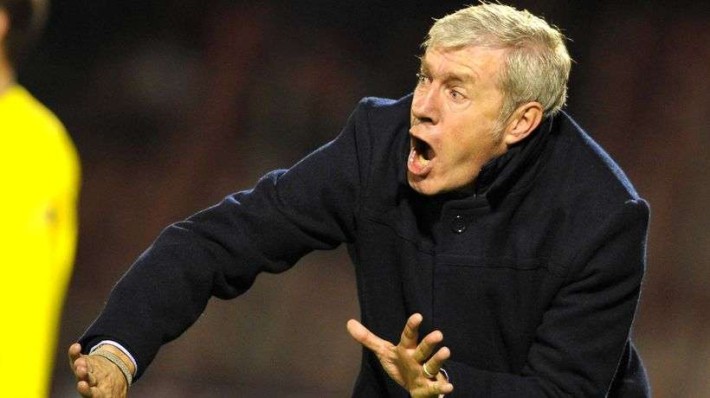ACS, the Spanish construction conglomerate led by Real Madrid president Florentino Pérez, is weighing a bid for Morocco’s flagship stadium project for the 2030 FIFA World Cup — a move that could place the firm at the heart of one of the tournament’s most prestigious developments.
According to Spanish outlet Vozpópuli, ACS has been quietly exploring the opportunity for several months, though it has yet to make a final decision. The company is currently analyzing the potential risks and rewards of the high-stakes venture.
At the center of the bid is the proposed Hassan II Stadium in Casablanca, a record-breaking venue designed to seat 115,000 spectators.
Once completed, it is slated to become the largest stadium in the world and is expected to host the final of the 2030 World Cup.
The Moroccan government officially launched the bidding process in April, with final proposals due by June 10. The construction contract alone is estimated at more than €300 million, while the broader project is valued at over €470 million.
With a strict 30-month construction window, the timeline is tight. Authorities aim to have the stadium completed by late 2027 — just in time for FIFA’s expected announcement of the final venue in 2028, two years before kickoff.
Several Spanish construction giants are reportedly consulting legal experts with knowledge of Moroccan public procurement procedures, as they seek clarity on legal frameworks and the cost-benefit equation of investing in such a massive undertaking.
The Hassan II Stadium is one of several landmark infrastructure projects planned by Morocco as it gears up to co-host the 2030 tournament alongside Spain and Portugal.
The World Cup is acting as a catalyst for broader investments in transport, urban development, and engineering across the country.
Despite the looming rivalry between Madrid’s iconic Santiago Bernabéu and Casablanca’s proposed super-stadium for the honour of hosting the final, ACS appears drawn to the scale and prestige of the Moroccan project — a development that could further cement its global reputation in sports infrastructure.












